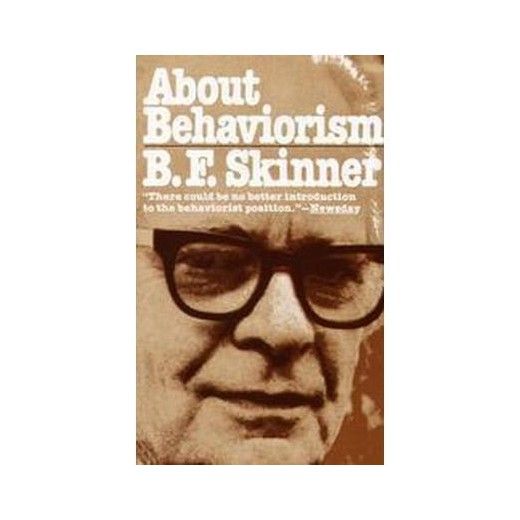Brace for change; protect yourself by changing
I've been laid off a few times in my career. It's an unpleasant feeling.
At its core, a layoff tells you two things.
First, your bosses have screwed up. What was once a successful business (or at least an optimistic business plan) has turned sour. Profit has turned to loss. Opportunities have been missed. Investments have been squandered. And the people at the top are the ones who are responsible.
But second, and far more important, getting laid off means that you have screwed up too.
If your boss was a fool, you should have seen it a long time ago and began looking for another job. If the company was being mismanaged into the ground, you should have quit and gone with a smarter bunch of people.
Or, as I see time and time again, if the industry itself was changing, than you needed to change even faster.
The Los Angeles Times has a piece today about the growing number of layoffs in the newspaper industry. And I read it with what I found to be a surprising lack of sympathy. The article is filled with phrases such as "collective funk," "dispirited" and "falling morale." But the article doesn't even mention what has caused the "problems" in the print industry -- a remarkable and fascinating shift in which new forms of storytelling have emerged and where the audience has become part of the news-gathering process. The news business has become a conversation -- and that may be the most exciting thing that has ever happened to us. But the L.A. Times piece has nothing to contribute to this conversation other than whining and self pity.
If you want to work in editorial, then you're going to have to accept that change is here. Learn to be one of those journalists that your publisher needs to help navigate the new world. If you haven't mastered multimedia skills, do so. If you're not participating in the conversation about conversational media, do so.
If you're not interested in changing, then get ready for that pink slip.
tags: journalism, b2b, media, trade press, magazines, newsletters, conversational media




